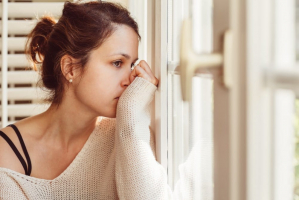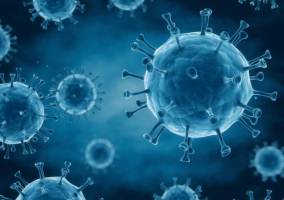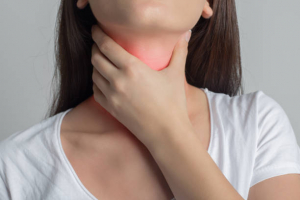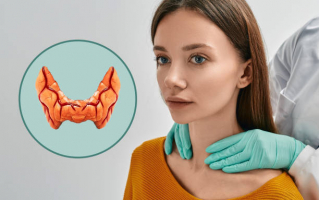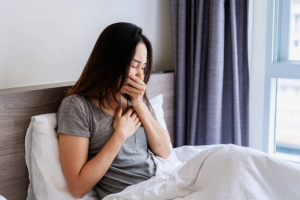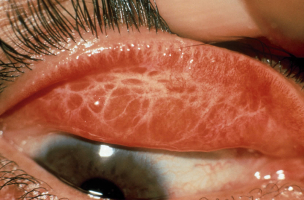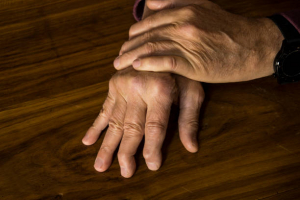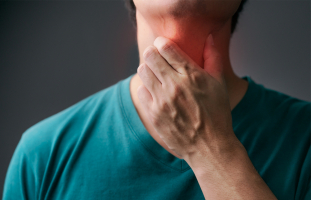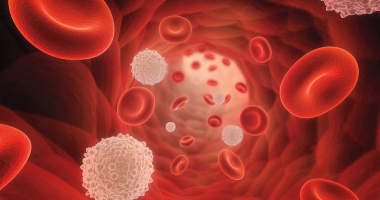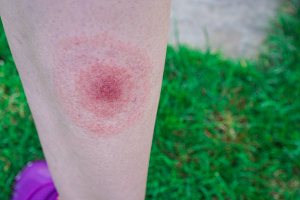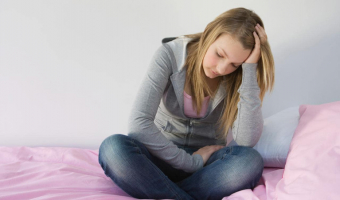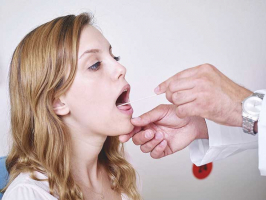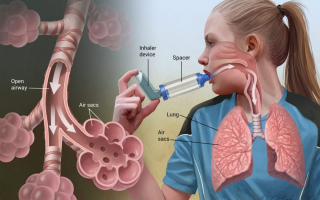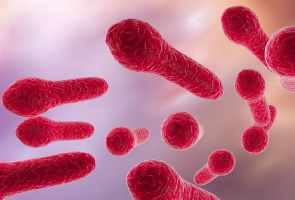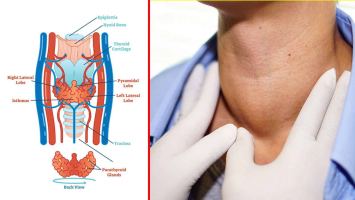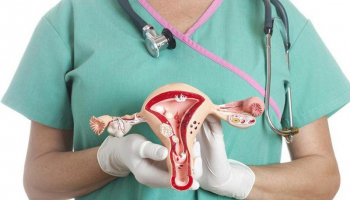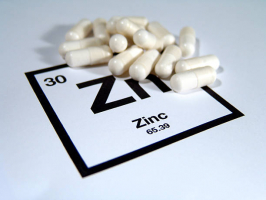Top 7 Physical Symptoms of Depression
Physical symptoms can signal the onset of a depressive episode or give you information about whether you might be suffering from depression. However, physical ... read more...signs indicate that depression is a very real disease that can have a negative impact on your overall health. Some of the most typical physical signs of depression are listed below!
-
One typical sign of depression is fatigue. People sometimes have decreased energy levels and can feel drowsy in the morning, wishing they could stay in bed and watch TV rather than reporting to work.
While they frequently assume that stress is what causes weariness, depression can also be the root of fatigue. Contrary to normal exhaustion, depression-related fatigue can also result in attention issues, irritability, and apathy. The Director of the Clinical Research Program at Boston's Massachusetts General Hospital, Dr. Maurizio FavaTrusted Source, notes that people with depression frequently experience nonrestorative sleep, which means that they still feel sluggish even after having a full night's rest.
However, it can be difficult to determine whether the exhaustion is due to depression because numerous physical illnesses, such as infections and viruses, can also cause fatigue. While normal fatigue is a symptom of this mental disease, depression can also cause additional symptoms including sadness, hopelessness, and anhedonia (a lack of enjoyment in daily activities).
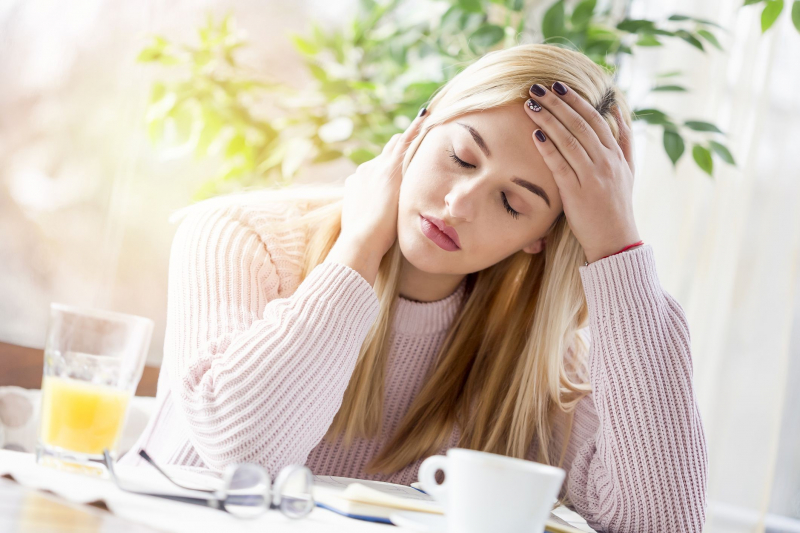
Fatigue or consistent lower energy levels 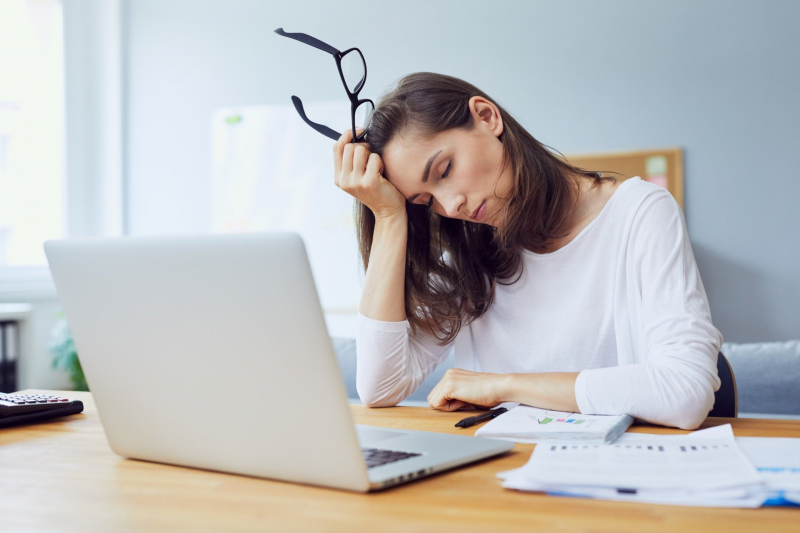
Fatigue or consistent lower energy levels -
Do you ever have a burning sensation in your nerves even though there isn't a physical cause for your discomfort? It seems that depression and pain frequently co-exist. Some studies suggest that people who are depressed feel pain more intensely than those that aren’t depressed by up to four times the amount.
While a 2010 study revealed that pain had a higher impact on those who are depressed, a 2015 study found a link between depression and decreased pain tolerance. Even though there isn't a clear cause-and-effect relationship between these two symptoms, it's important to evaluate them both, particularly if your doctor has prescribed medicine. Antidepressants may not only help with depression relief, but some study suggests that they may also work as an analgesic to help with pain management.
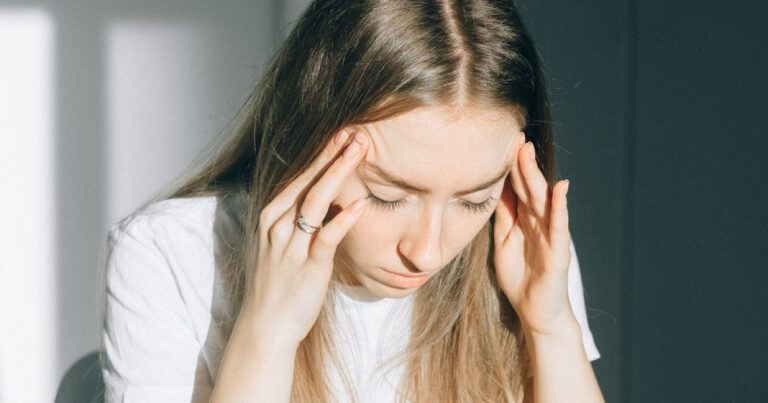
Decreased pain tolerance (aka everything hurts more) 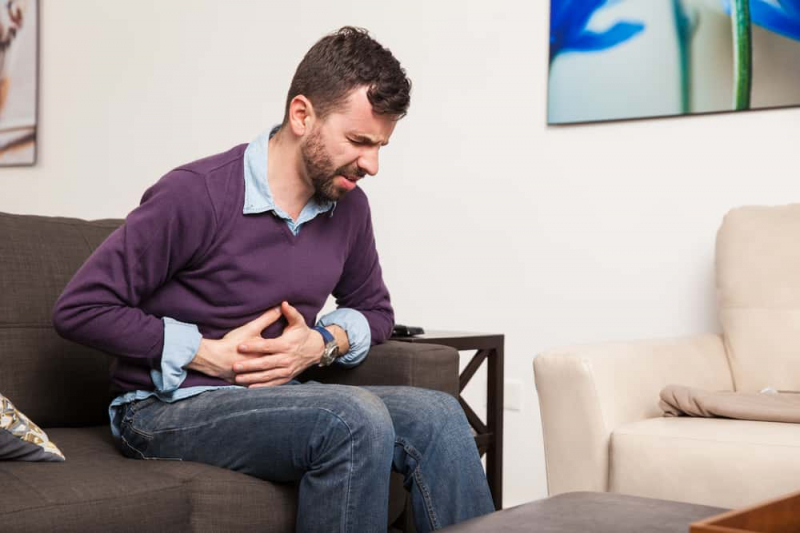
Decreased pain tolerance (aka everything hurts more) -
Even if you feel OK when you first get up, as soon as you are at work or seated at a desk for class, your back begins to hurt. Possible causes include depression or stress. However, backaches can also be a symptom of psychological distress. Backaches are commonly linked to bad posture or accidents.
Backaches and depression are related, according to a 2017 study including 1,013 Canadian university students. Psychologists and psychiatrists have affirmed that mental illnesses can result in chronic aches and pains. Research and science go a step further by demonstrating that depression causes an increase in cytokine levels in the body. These proteins directly influence how the immune system responds to illness and disease. They may cause inflammation in the spine in particular. Inflammation is one of the leading causes of back pain, so these increased cytokines can cause discomfort.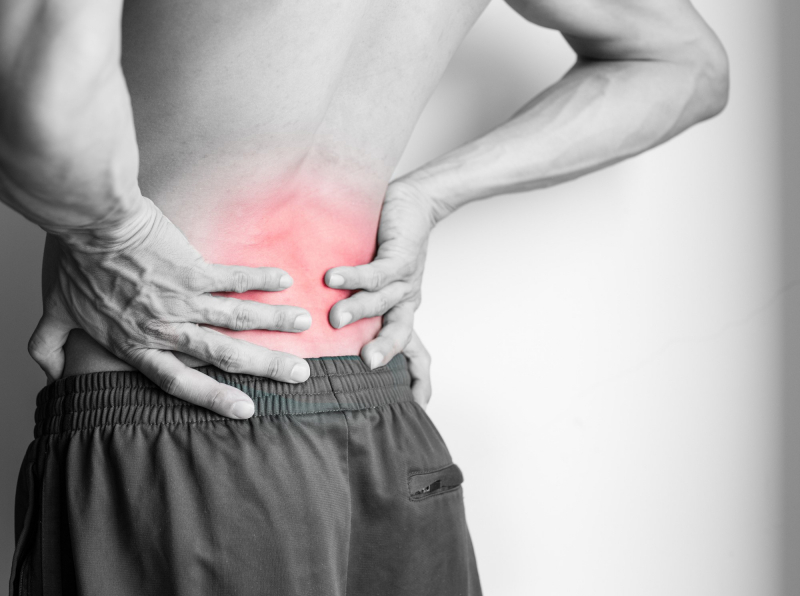
Back pain or aching muscles all over 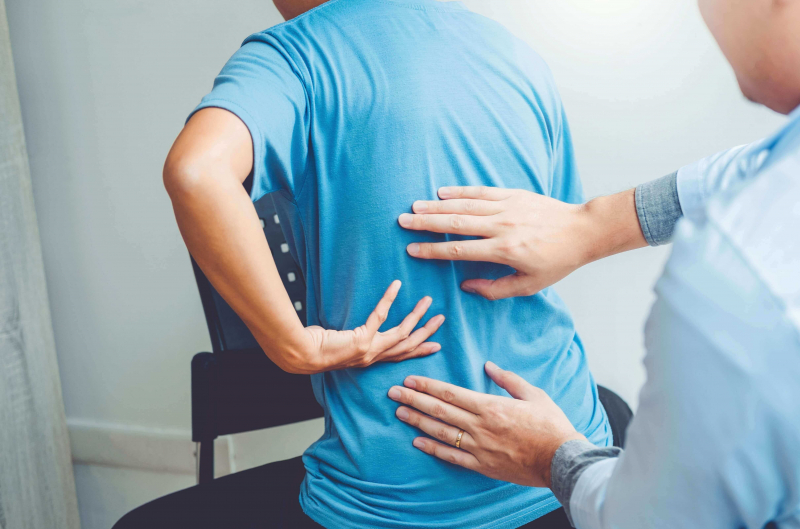
Back pain or aching muscles all over -
Most people occasionally get headaches. People frequently dismiss them as nothing serious because they are so common. These headaches can even be brought on by stressful job situations, such as a disagreement with a coworker. Though, your headache might not always be brought on by stress. It can be a sign of depression if you start experiencing headaches every day.
Depression-related headaches don't always make it difficult to function, unlike excruciating migraine. The National Headache Foundation refers to this kind of headache as "tension headaches", and they can feel like a mild throbbing, especially in the area around the eyebrows. These headaches can be treated with over-the-counter pain relievers, but they frequently return. Major depressive disorder can occasionally show as persistent tension headaches. The idea that your discomfort may be psychological is not limited to headaches, though. Sadness, irritability, and decreased energy are additional symptoms that people with depression frequently encounter.
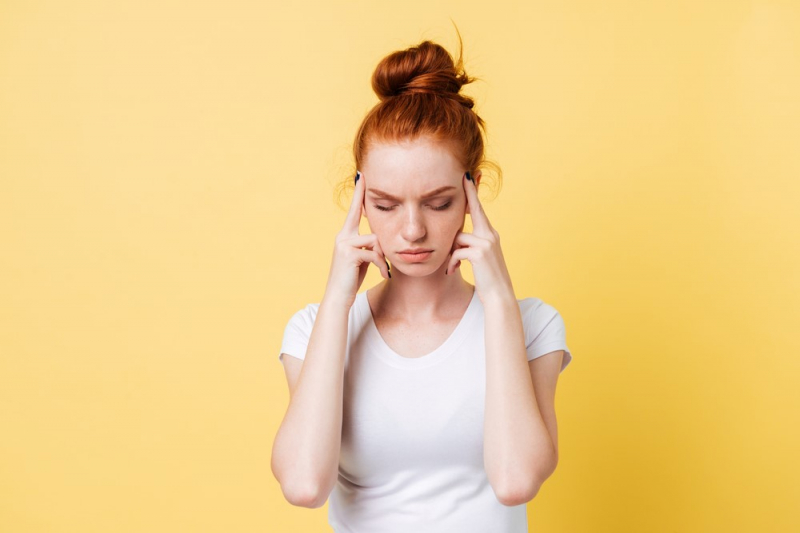
Headaches 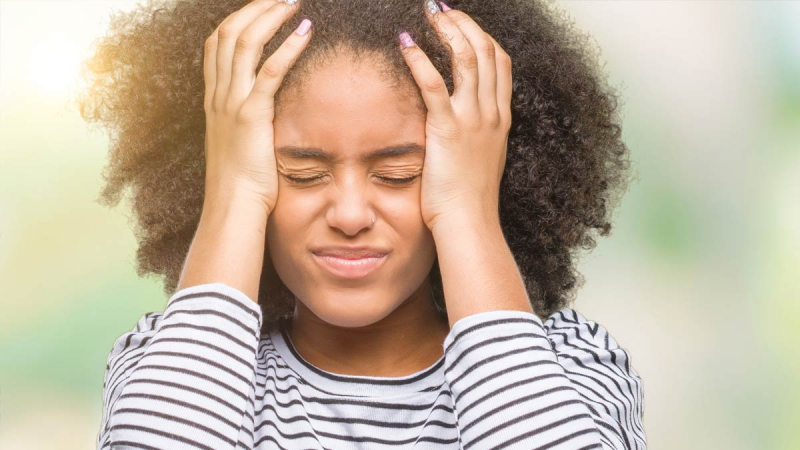
Headaches -
Depression is a recognized health issue that can diminish the immune system and organs in the body. Your eyes are no exception. Depression can affect your eyesight.
Do you notice that everything is hazy? While depression can make the world seem dark and gloomy, a 2010 study conducted in Germany highlights the possibility that this mental health issue may also impair one's vision. In studies that focused on depression and vision, people who were more depressed often had a harder time seeing black or white, and instead would perceive black and white as gray. This was true for people who were on antidepressant pills and those who were not. Furthermore, when someone is overly stressed, it can also bring on a migraine, which can cause blurred vision as well.

Eye problems or decreasing vision 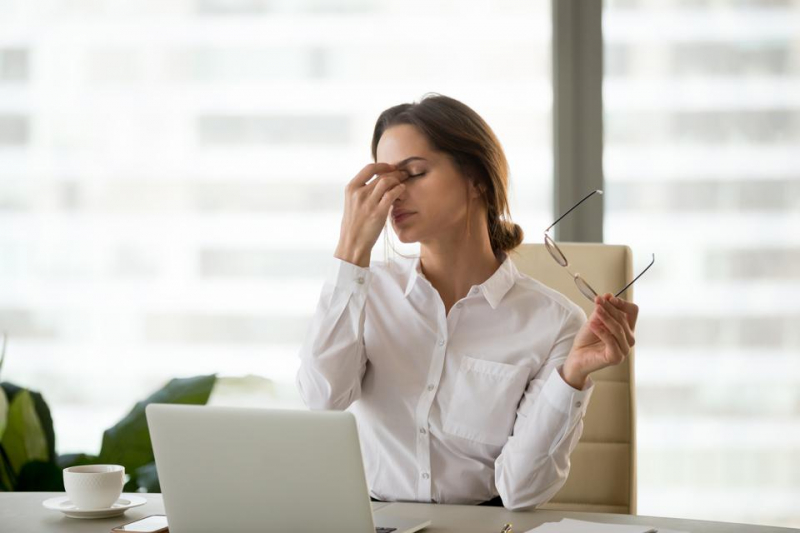
Eye problems or decreasing vision -
One of the easiest symptoms to identify when someone is depressed is the sinking sensation in your stomach. It's simple to dismiss cramping in the stomach as menstrual pain or gas, though.
Depression may be indicated by pain that gets worse, especially under stressful circumstances. In fact, cramping, bloating, and nausea in the stomach may be symptoms of poor mental health, according to Harvard Medical School experts. According to those Harvard researchers, depression can result from (or cause) an inflammatory digestive system, with pain that can be misinterpreted for conditions like irritable bowel syndrome or inflammatory bowel disease. Because they have discovered a link between gut health and mental well-being, doctors and scientists sometimes refer to the gut as the "second brain". Good bacteria are abundant in the stomach, and when there is an imbalance, symptoms of anxiety and depression may appear. Probiotics and a balanced diet can improve gut health, which may also boost mood, although further research is required.
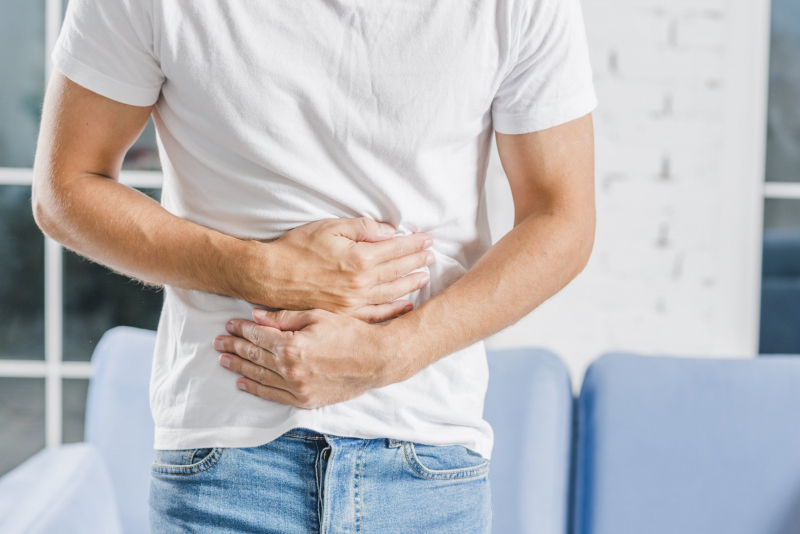
Stomach pain or uneasiness in the abdomen 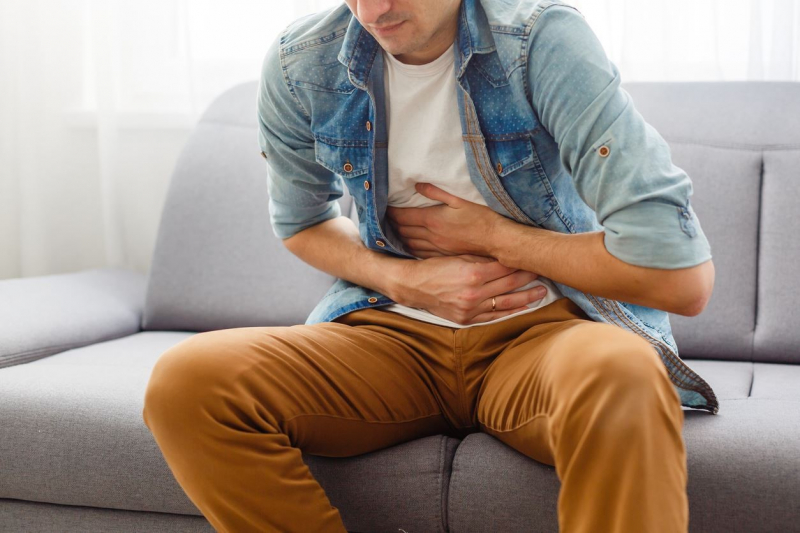
Stomach pain or uneasiness in the abdomen -
Constipation and diarrhea are two common digestive issues that can be embarrassing and uncomfortable. It's simple to assume that stomach discomfort results from a physical illness because it's frequently brought on by food poisoning or gastrointestinal infections. But negative feelings like sadness, anxiety, and overwhelm can interfere with the digestive processes.
A 2011 study hypothesizes a connection between gastrointestinal discomfort, anxiety, and depression. And the conclusion is that functional disorders of the digestive system, such as irritable bowel syndrome, are often associated with affective disorders, such as depression, anxiety, panic, and posttraumatic stress disorder (PTSD). One study suggests that, on its own, depression is not a risk factor for developing IBD, however people with depression and previous gastrointestinal symptoms may be more likely to develop either Crohn’s disease or ulcerative colitis.

Digestive problems or irregular bowel schedules 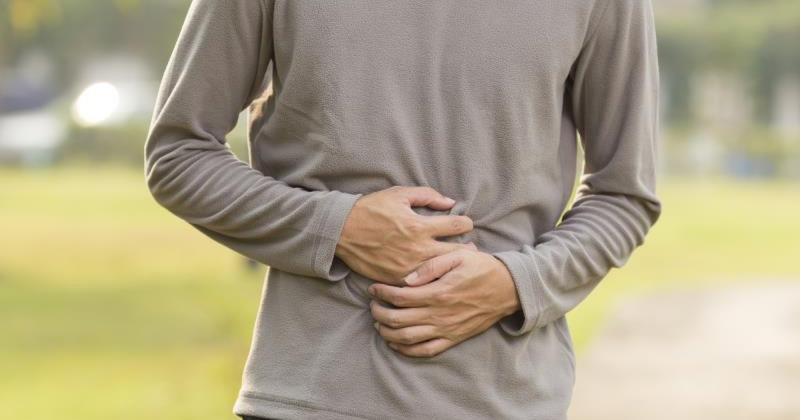
Digestive problems or irregular bowel schedules









